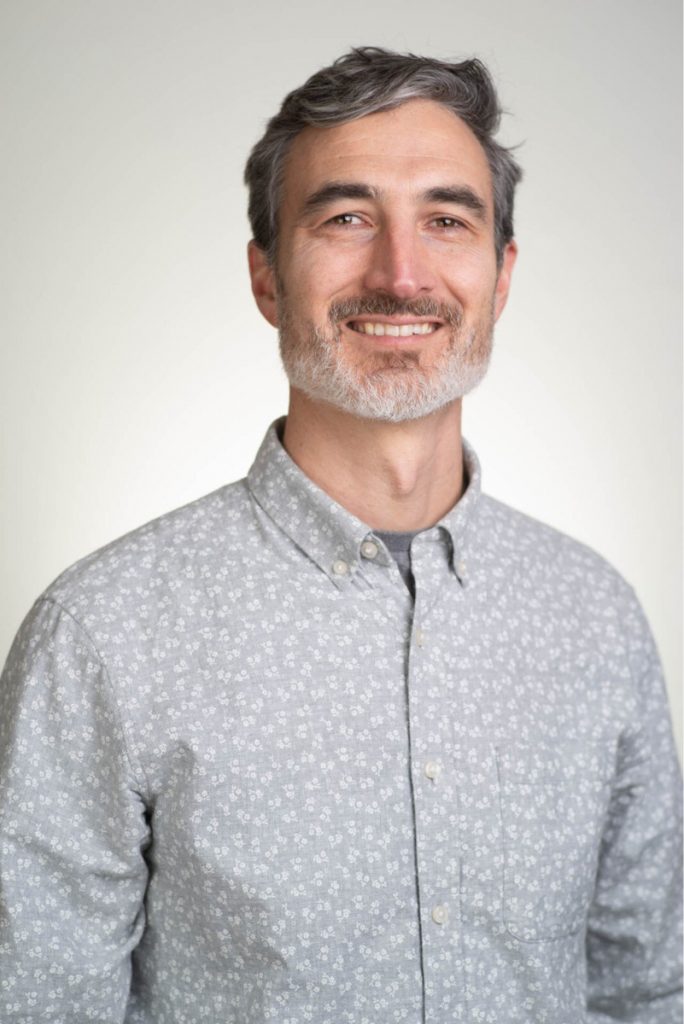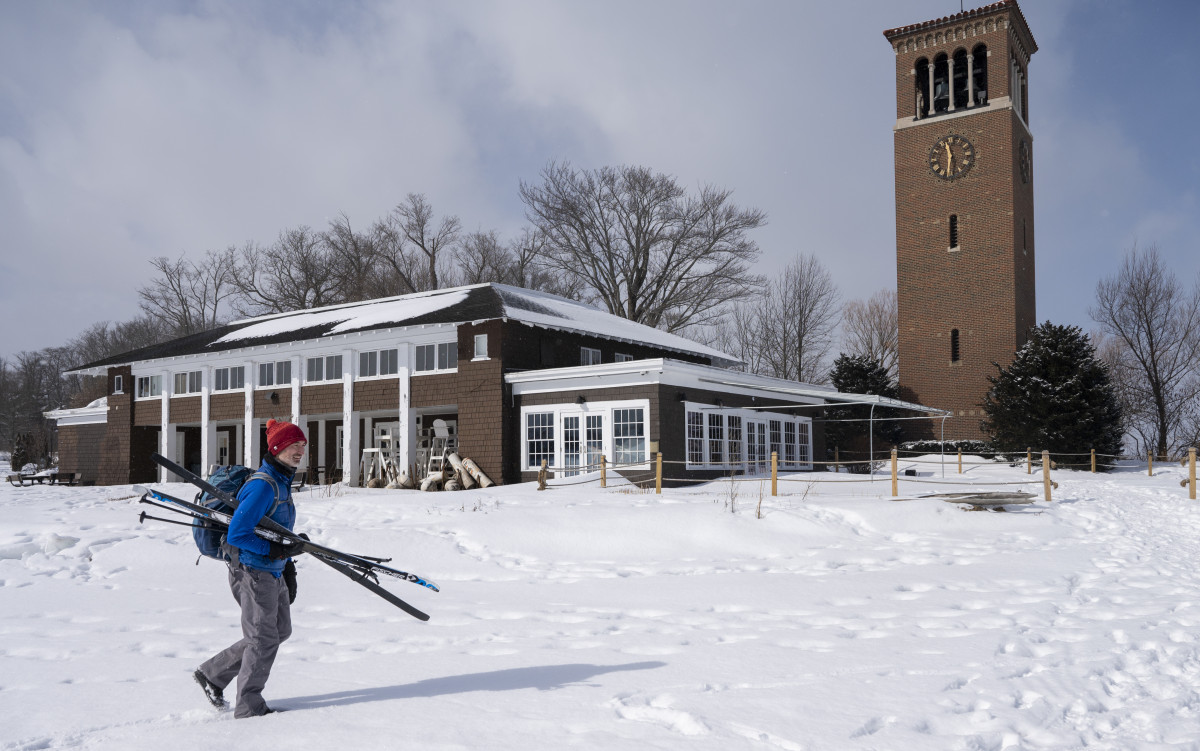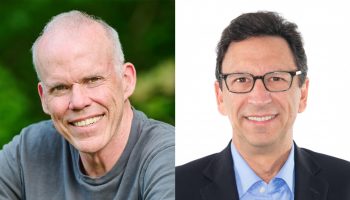On Feb. 14, his first day as Chautauqua Institution’s new lake project manager, Tobias Shepherd cross-country skied across the frozen waters of Chautauqua Lake to demonstrate how vital the body of water is to the community.
Now, nearly six months later, Shepherd is well into his role and will be spending his first summer season working in lake conservation at the Institution.
As lake project manager, Shepherd helps to bridge the gap between local and national lake conservation researchers to encourage collaboration in finding a solution to Chautauqua Lake’s health issues. He will be building a coalition with different municipalities around the lake to reach agreements on lake issues as a community.
He works closely with spring 2021 hire Mark Wenzler, director of the Climate Change Initiative, to plan for lake health years in advance.
One of his main responsibilities is to educate Chautauquans to make informed choices about their home.

“The scientific community is wonderful at creating tons of data with a deep understanding of a complex ecosystem,” Shepherd said. “It’s not always bite-sized bits of information. I think my role is going to be to try to boil it down into some things that people can understand and make decisions based on without missing the main points of it.”
Shepherd prioritizes working with lake conservation entities like the Jefferson Project at Lake George, which is a collaborative research effort aimed at preserving freshwater lakes by monitoring sensors in lake water. Other groups, such as researchers from SUNY Fredonia and Oneonta, work with several aspects of lake ecology, such as laying temperature sensors down, and taking samples to narrow down which areas in the North and South Basins need help. Shepherd’s work with these lake conservation groups is focused on collaborating and sharing resources.
“The reality is, if we’re ever going to get our arms around everything that has happened,” Shepherd said, “we need to move to do a better job of collaborating. We need to share lessons learned or share data.”
Chautauqua Lake has experienced issues threatening its health for years now, the biggest being harmful algae blooms (HABs). HABs act as toxins to aquatic life as they deplete oxygen from the water. Shepherd’s goal is to work toward solutions that will eventually aid in restoring the lake’s watershed.
“We’re starting to get that five-year horizon for a plan for (SUNY researchers and The Jefferson Project) research on Chautauqua Lake, and that’s been the focus of my work,” Shepherd said. “I think we’re getting close to a decision there. But as we sit here right now, I can’t tell you what the decision is, but we’re getting close.”
Shepherd comes to Chautauqua with a master’s from Columbia University in environmental science and policy, previous work in negotiating municipal contracts and a lifelong passion for lake conservation.
Before entering his arrent role, Shepherd spent eight years as a wilderness program director for Outward Bound in Canada, where he helped young adults obtain leadership and interpersonal skills against the backdrop of central and northern Canadian wilderness.
“I was spending most of my time outside in the wilderness,” Shepherd said. “That really deepened my love for those areas of the world and desire to do something to help them.”
In helping people find themselves in nature, Shep.herd found his love for the environment strengthened.
“That work is really fulfilling in that way that people get outside their comfort zone,” he said. “They spend a lot of time outside and they realize that there’s some real deep beauty there and meaning for them. Those sorts of connections between our students and the environment was probably the thing that was most inspiring for me.”
Shepherd is no stranger to Chautauqua. Growing up in Lakewood, New York, Shepherd often visited the Institution for a weekend each summer as a child with his mother and family friends.
Between attending school at the University of Richmond for business administration and economics, and his work as an ex-intelligence officer in the U.S. army, Shepherd made sure to frequent the Institution whenever he could.
“Even though it’s been a long time since I was away, I would still come back and all I wanted to do was come up here in the summer season. It is a special place,” Shepherd said.
There’s another reason why Chautauqua holds a place in Shepherd’s heart, as he and his wife were married on the grounds almost nine years ago. In pre-pandemic times, Shepherd enjoyed time with his wife and two children down by Children’s Beach. Shepherd said he hopes this place will be a home for his children.
“They don’t have a lot of memories of this place,” he said. “But certainly they will.”
This summer, Shepherd particularly looks forward to Week Two’s lectures from assistant professor in the Faculty of Environment at the University of Waterloo, Kelsey Leonard, and Chautauqua Literary and Scientific Circle author of Braiding Sweetgrass, Robin Wall Kimmerer. During Week Six, he plans to attend Chautauqua Star Party on Aug. 3 and learn about constellations from astronomy experts.
As Shepherd walks the grounds between meetings this summer, he encourages Chautauquans to chat with him about the lake and the Climate Change Initiative.
“I’d love to have conversations, as I walk around, about the Climate Change Initiative,” said Shepherd. “I think there’s a lot of great energy towards supporting the lake initiative. My ears are open for ideas.”





